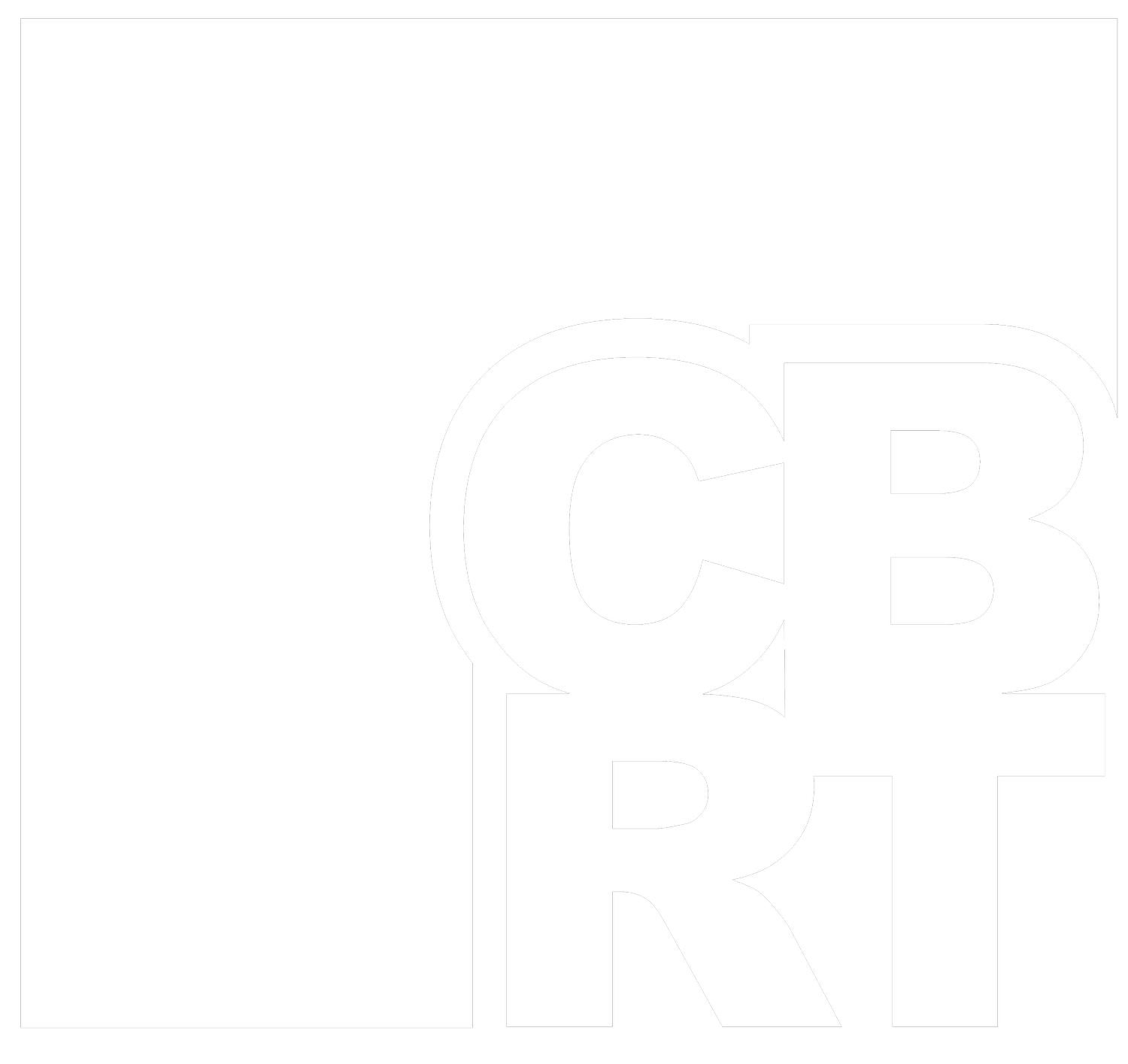CBRT is for Everyone. CBRT is a clinical psychology approach to reducing bias that uses compassionate, direct, and action-oriented techniques for sustainable change.
Work with us in healing
HEALING is an action and a practice.
Individual. Interpersonal. Institutional Bias
Racial Awareness Conversations for Everyone (R.A.C.E. cards)
We can't heal without talking.
We’re living in a divided nation—and it shows.
At dinner tables. In workplaces. Online.
The silence between us keeps growing.
These divisions aren’t just politics—they’re breaking families, friendships, and communities.
And when it comes to race?
Most people have stopped even trying to talk.We're exhausted. Afraid of saying the wrong thing. So we stay silent while the divide grows wider.
Silence isn’t neutral—it’s failing us.
Healing requires conversation. Real, honest dialogue that moves us forward.
That’s what R.A.C.E. Cards do.
Created by Dr. Dana E. Crawford, these 48 prompts use the Crawford Bias Reduction Theory to guide you through three steps:
Awareness: Build understanding
Investigation: Examine bias and systems
Reduction: Take action for change
Use them for reflection, workplace training, or real talk with people in your life.
R.A.C.E. Cards turn hard conversations into healing ones.
Our divisions won’t fix themselves.
The work starts with you—start today.
You think you don't need this book—that's why you do.
Healing Bias: Your guide to individual, interpersonal, and institutional change
Healing Bias is the book of the moment. In a divided world, it offers the tools we all need to heal.
"I'm Not Biased. I'm One of the Good Ones."
We hear you. You're aware. You'd never intentionally hurt anyone.
But here's the uncomfortable truth: we all have biases. Every single one of us. It's not a character flaw—it's human nature.
The Work You Can't Afford to Skip
Blending CBT, interpersonal therapy, and the Crawford Bias Reduction Theory (CBRT), Healing Bias helps you recognize, discuss, and reduce bias—without shame or stigma.
With stories, prompts, and actionable steps, this guide moves you from awareness to real change. Some exercises take five minutes. Others invite deeper reflection. All of them matter.
Healing Is an Action Verb
You can't think your way out of bias. You have to heal it—actively, daily, courageously.
In a world filled with hate, you can be part of the solution.
The work starts now. The work starts with you
Why This Book Uses "Bias" Instead of "Racism" or "Sexism"
Words like "racist" and "sexist" shut people down instantly. That's why this book deliberately uses bias—because most people can admit to having biases, even when specific labels make them bristle.
But make no mistake: bias encompasses racism, sexism, ageism, homophobia, transphobia, ableism, classism, and 20+ other forms of discrimination. They don't exist in isolation—they form an intricate web where each prejudice reinforces the others.
A woman of color doesn't experience racism and sexism separately. An older person with a disability faces compounded discrimination. Focusing on just one form of bias isn't enough.
FEATURED ON









